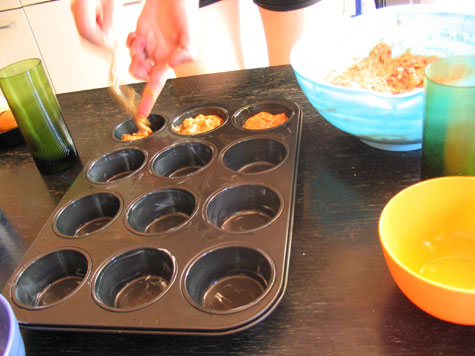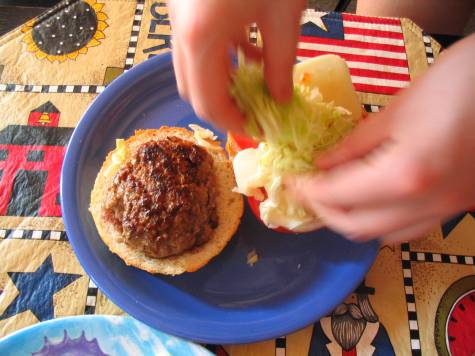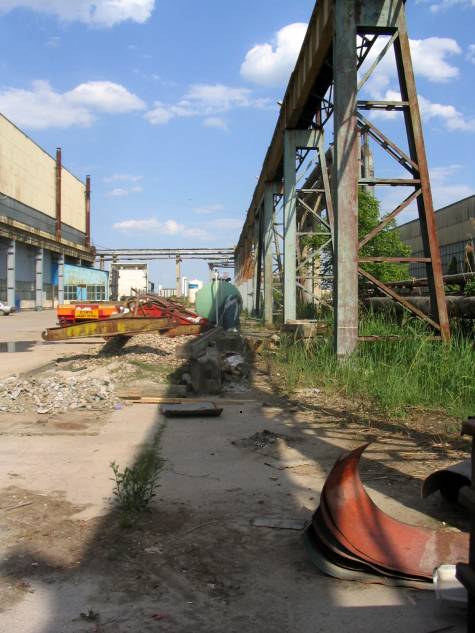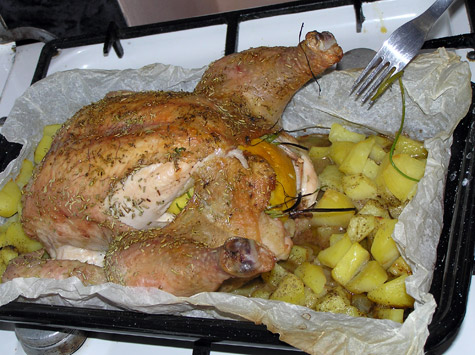California Dreamin’
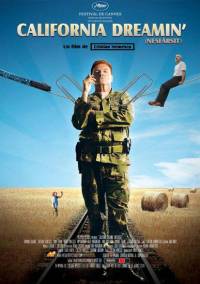 I can’t see the sun anymore—it’s now a smidgeon of light behind grayish clouds, as if it turned away to fluff the pillows and get ready to tuck itself in.
I can’t see the sun anymore—it’s now a smidgeon of light behind grayish clouds, as if it turned away to fluff the pillows and get ready to tuck itself in.
I’m not a sucker for sunsets and I’m not one to indulge much in star-gazing or in the occasional open-sky-as-a-parable-for-freedom banter. I once dumped a girl because she used to do too much of it.
“Oh, those stars clogging the sky, you should have seen them,†she could have said.
“Oh my God, please don’t go there,†I must have thought to myself.
But I do let the occasional imagery fool me, especially when accompanied by the sound of the train rocking the tracks (the draft of this post was written on the Bucharest-Sighisoara IC). I’m a train kind of guy—it has this romantic quality, a ‘loner on a mission’-allure that, while cheesy, I find attractive. It’s comforting to crash into your assigned spot, open your book and let go.
And the occasional gaze out the window just as you’ve escaped a tormenting passage describing stomach-removal followed by an orgy involving spray-painted pink bunnies (hypothetical reading material) is like the bite of chocolate you take at night after you brushed your teeth: clichéd but fantastically rewarding and awkwardly self-affirming.
But I’m afraid I’ve derailed the discussion from where I intended it to go. Wednesday night I saw Cristian Nemescu’s beautiful “California Dreamin’ (endless)†and one thing I can certainly say about it is that I wasn’t nearly as perky on the bus ride home as I am now (Lavi knows).
The movie is ruthless in its portrayal of an absurd situation that takes place at a desperate time for Eastern Europe and involves characters desperate to hang on to their personal quests.
In the movie, a train packing American NATO troops (led by Armand Assante) and military equipment bound for Kosovo is stopped by the station master (a devastating Razvan Vasilescu) of the small Romanian village of Capalnita. The train ends up sequestered there for five days because it lacks proper customs forms. The station master is a crook and the master of his fiefdom: he collects (or simply pockets) mountains of bribes from passing freight trains: everything from cigarettes to bags of cement. But he stops the NATO train under the legitimate pretense that it doesn’t have documentation.
As a recent returnee and a former Romanian exile, this is when my heart began racing. This was kafkian bureaucracy and clerk-bullying at its best: people at the mercy of a hypocritical scumbag who randomly decides to use the law today, while ignoring it on every other occasion.
Many of us who’ve left the country have left because they didn’t want to fight that. Many of us who returned still think we can change it. What hurt me most is that the man’s actions (the character is brilliantly written and is far from being one-sided although I know I make him as such) are often dismissed by people as being „the way things are.†He is a prime example of how things should not be and he illustrates the failure of an entire system, not just one station master. The fate of the NATO train was chosen randomly—little peons in the system often have that power—but its long-term stay was sealed by a lack of action at all the levels above. Nobody brought the customs papers from Bucharest and all the way up to the minister people tried the same approach of „fixing the problem†by throwing more bribes at it.
The station master-type freaks people out because of the power he wields and I admit that this archetype scares me, too. That is why Nemescu’s movie is so good. Because it shows what journalism has taught me in recent years—even bad men sometimes have good (or at least understandable) reasons for their actions. In this case, the station master stopped the Americans because they never came to save him and his family after World War II. Blocking their passage to Kosovo, where they would aid the US army bombing the Serbs, was his revenge on what life had bestowed upon him. Not to mention that stopping the Americans somehow feeds his illusion that he can keep his daughter (Maria Dinulescu) from eloping into the world.
The Americans, though mostly a group character, are no caricatures either. They slowly give in to local temptations (yes, that means women), allowing some personality to shine through their soldiers’ uniforms. The captain though has his own obsession—he has to finish the mission and get the train to Kosovo no matter what.
It’s hard to believe that the American captain and the station master understand their mutual obsessions. Their devotion to their mission, which Nemescu conveyed so clinically to the viewer, is too blinding for them to open up to a stranger.
California Dreamin’ is a movie about the early times of when the West met East; about a clash and mesh of cultures in the unlikeliest of circumstances, where not even a translator can do much good. It pits American idealism and slight naiveté to Romanian laziness and slight cunningness and the result is epic chaos on a minimal scale. In such chaos, the only hope lies with the dream of escaping—whether it’s the train escaping its imprisonment or the station master’s daughter escaping his grip.
Nemescu and his co-writers penned one of the most touching tales of longing, obsession and cultural difference I’ve ever seen. The movie is sad, but hopeful in that things move on, which in itself is a metaphor for the backstory of the movie. Nemescu and his sound engineer died in a stupid car crash before the editing was finished, but this rough won the „Un certain regard†section at the 2007 Cannes film festival.
Romania has always dreamed of the Americans coming and whatever we feel about them today (be it hatred for how their late and often condescending arrival or appreciation for their long-expected and just as often enthusiastic arrival) is borne out of this sense of longing. And for some, like the station master, this longing was endless and overpowering.

